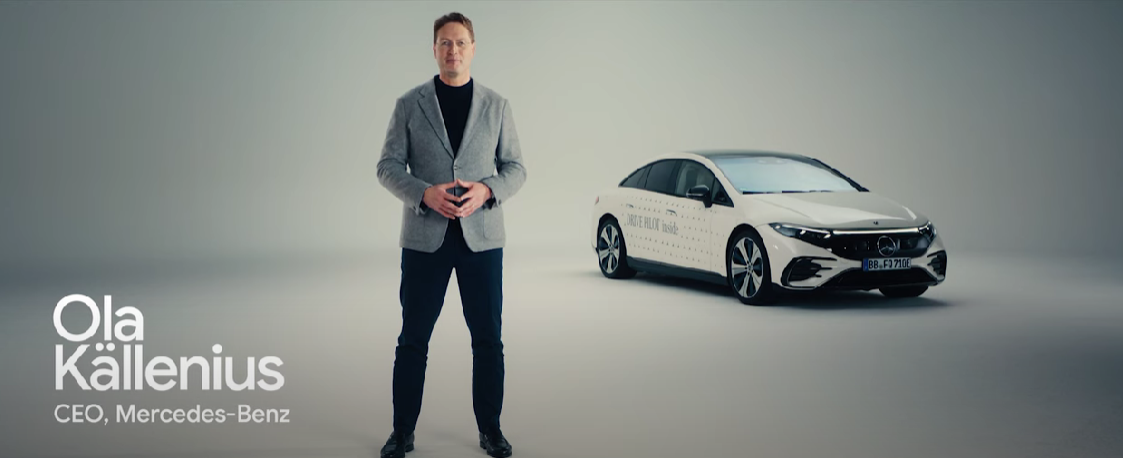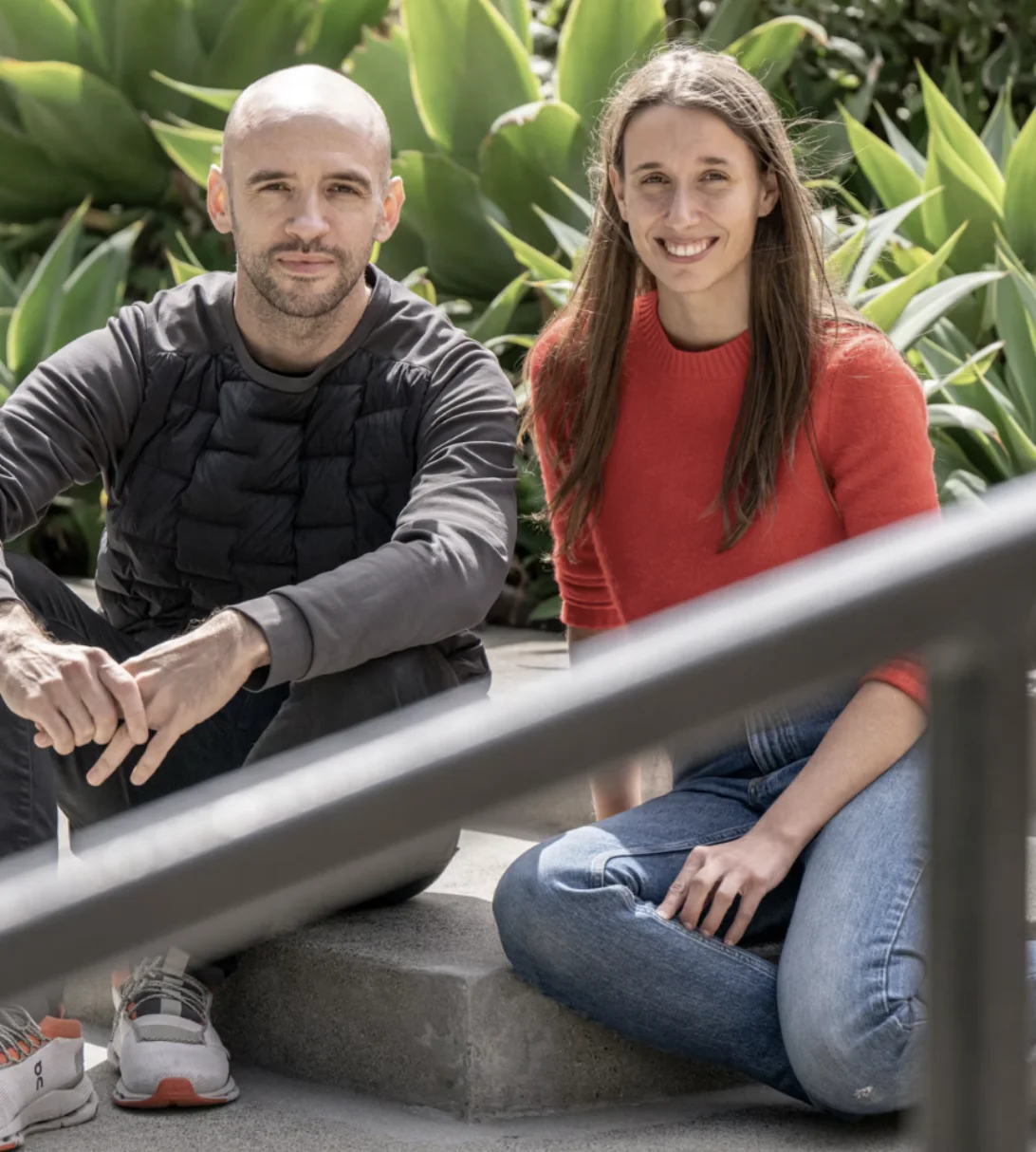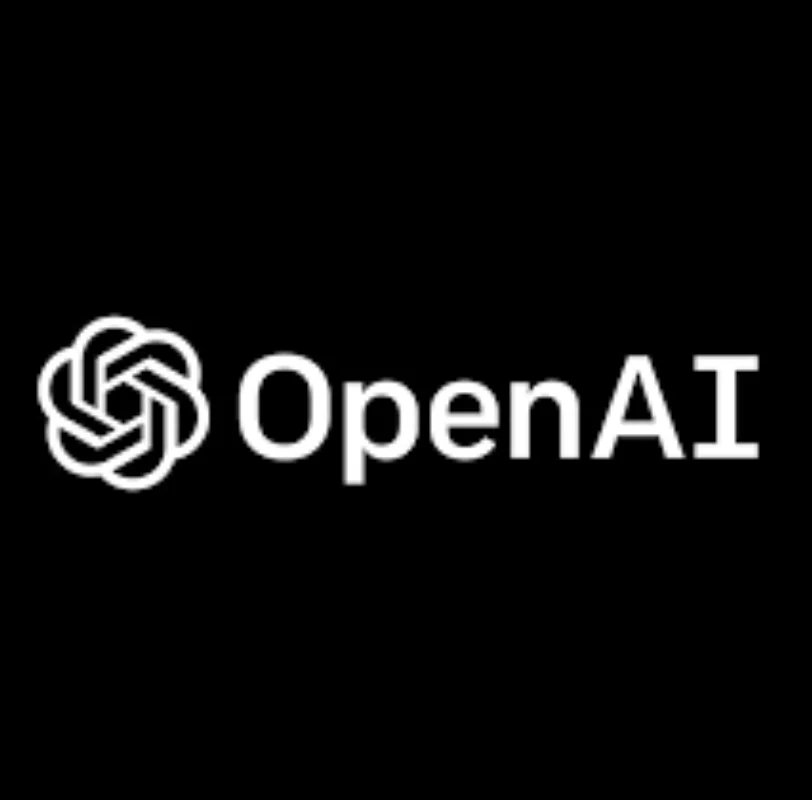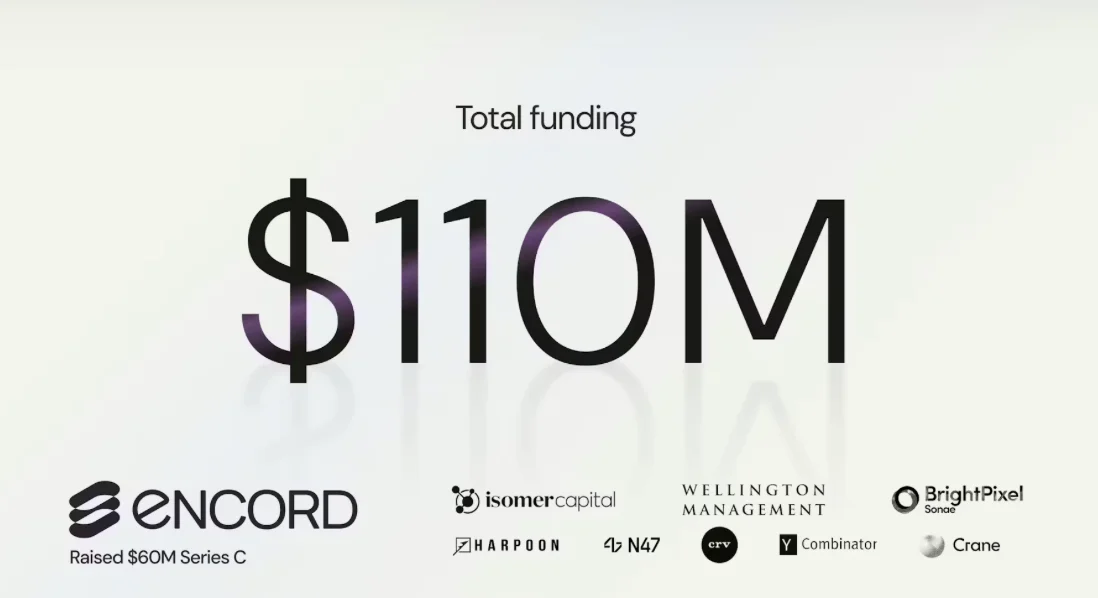Mercedes-Benz, in a continuing quest to redefine automotive excellence, is intensifying its commitment to integrate cutting-edge technology by harnessing the power of artificial intelligence (AI) in collaboration with Google Cloud. This strategic partnership is set to elevate the digital capabilities of Mercedes vehicles, promising a blend of luxury and high-tech innovation that anticipates the needs and preferences of its users.
Ola Källenius, CEO of Mercedes-Benz, articulates this vision with clarity: “Each car should only get better over time just like a good wine, and with the power of Google Cloud and AI we will make the user experience even more personalized.” This statement underscores a future where Mercedes cars evolve with their owners, enhancing user experience through AI-driven personalization.
The collaboration with Google is extensive. It has already integrated Google Maps into Mercedes vehicles, benefiting over three million customers with features such as Google Places. The deployment doesn’t stop at navigation; it extends into various spheres including marketing, sales, and customer service. AI powers a smart sales assistant that smoothens customer interactions, from booking test drives to navigating Mercedes’s extensive vehicle portfolio.
Further advancements are in the pipeline as Mercedes and Google Cloud AI delve into more ambitious projects. They are exploring new navigation features and other innovative applications like the potential integration of an app that could analyze tire tread depth and tire type, utilizing ultrasound or x-ray technology. This concept could extend to monitoring real-time road conditions through camera systems, allowing vehicles to adjust their stability controls accordingly.
The push towards automation is highlighted by Källenius during the unveiling of a car equipped with a Level Three system for conditionally automated driving, a pioneering achievement in the industry.
“We were the first manufacturer to get it certified in Germany, California, and Nevada,” said Källenius. As they prepare for the next generation of internal development and testing platforms, Google Cloud will serve as the backbone, facilitating more efficient product development through its expertise in handling vast data volumes and scaling AI workloads.
The envisioned end result of these initiatives is to produce vehicles that are not only more intelligent but also capable of adapting to new technological advancements and user preferences. Källenius’ assertion: “Partnering with the very best in their respective fields is an important part of our software strategy and Google is the perfect example of that,” reflects Mercedes-Benz’s dedication to maintaining technological leadership by aligning with top-tier tech innovators.
Mercedes-Benz’s proactive approach to integrate AI across its product spectrum not only promises enhanced vehicle intelligence and improved operational efficiency but also ensures a personalized, intuitive user experience that resonates with modern consumers. As AI technology continues to evolve, the collaboration between Mercedes-Benz and Google could set a new standard for automotive innovation, where the synergy between car manufacturers and tech giants leads to transformative vehicle capabilities that could very well redefine the future of driving.
Featured image: Credit: Mercedes-Benz






